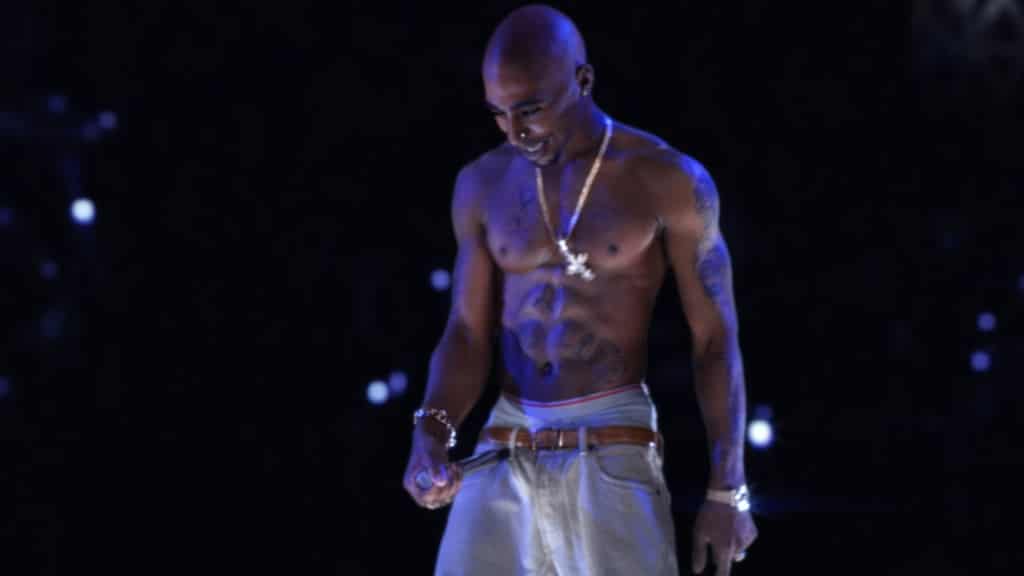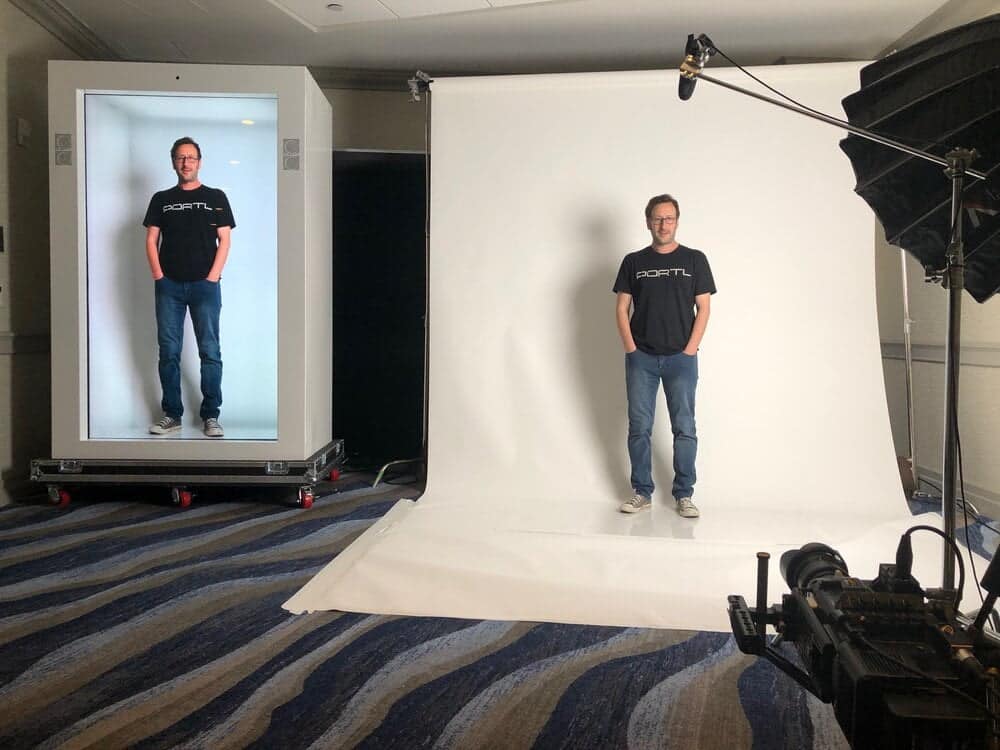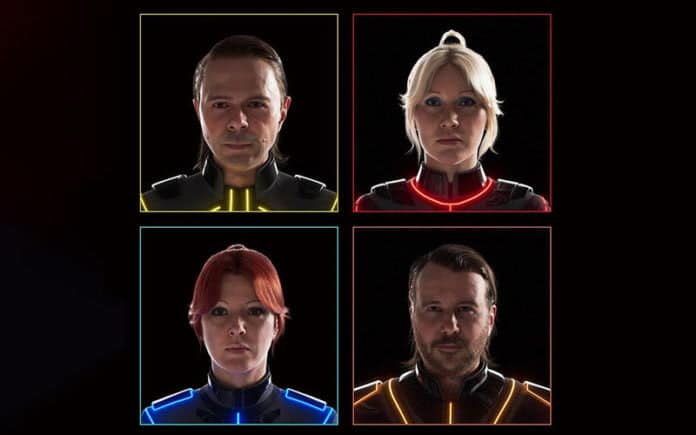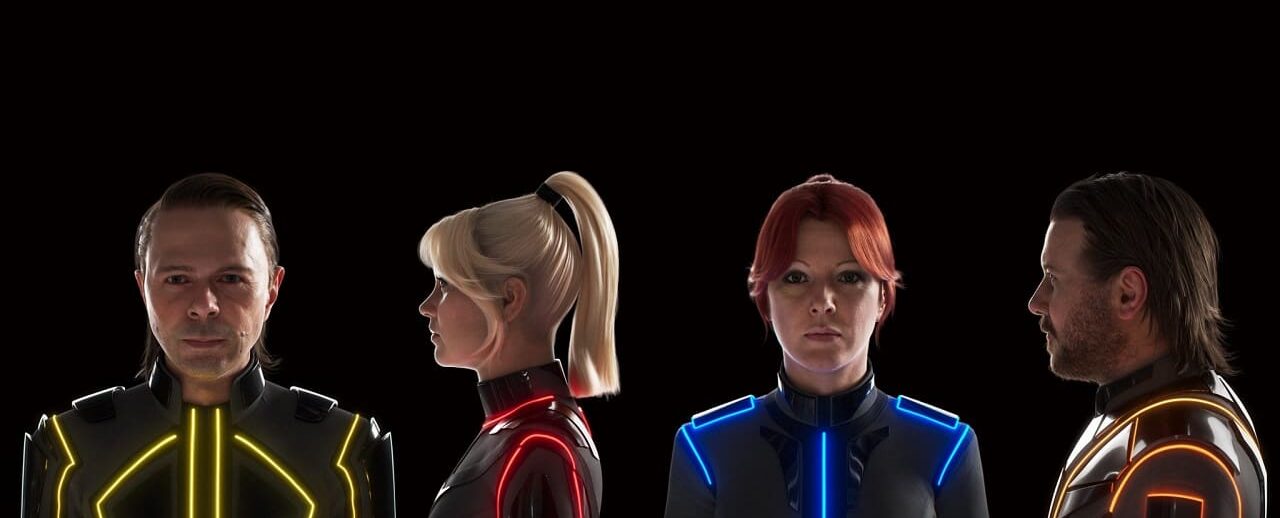Oh Mama! It was 1982 and with this song Abba took a little break: after 40 years the break is over, and a new future also begins for live music.
Agnetha Fältskog, Björn Ulvaeus, Benny Andersson e Anni-Frid Lyngstad there are 4 legends. With ABBA in just 10 years they have traced the path of world POP music as few groups have been able to do. Today, 4 decades after their disbandment, they are back with a new album, Abba Voyages (released November 5, 2021) and an exhilarating musical project, with a sea of live entertainment.
You got it right: from May 2022 ABBA will hold a series of concerts in London. Are back!
There is only one small detail: there will be no ABBA
Or rather: the Abba we know today, these 4 brilliant artists over seventy, will not be present in their current physical form. They will be present in digital form, with their most dazzling appearance, to perform with the face and body they had at the end of the 70s, at their peak. I love you Agnetha. Sorry, I ran away.
Evening after evening, Abba Voyage will have the Swedish band performing "live" in fantastic shows created in collaboration with theIndustrial Light and Magic (ILM) by George Lucas. The "current" ABBA recorded all their movements (with the help of choreographer Wayne McGregor of the Royal Ballet in London) in 3D with 160 cameras. An extraordinary team of directors, motion capture artists and photographers (Johan Renck made the “Chernobyl” series and Svana Gisla made the video content for David Bowie's latest record) complete the crew.

These recordings were then processed by nearly 1.000 digital artists in four of Industrial, Light and Magic's global studios. A lot of work, even on archival footage, to create a performance that will simply teleport the Abba of the 70s to a stage in 2022.
The announcement of the “live” return was greeted by the release of two new singles. In one, "I still have faith in you" it is possible to glimpse the "Abbatar", the digital versions of Abba singing the last part of the song (from about 3:40). In the other unpublished, "don't shut me down", the faces of Abba "brought back to the splendor of the 70s" alternate with the images of the making of.
We are truly navigating uncharted waters. With the help of our younger selves, we travel into the future.
Benny andersson, Abba, in interview to the Guardian
The next generation of live performance

Abba is not the first digital representation of much-loved artists. Remember Tupac's digital resurrection in 2012? This was the beginning of a completely new industry. Hologram shows would, from time to time, “bring back to life” old stars on stages around the world. Now the holographic industry takes a new step forward.
David Nussbaum, CEO of PORTL is one of the pioneers of this industry. His telecommunications company uses holograms to "teleport" people to "cabins" anywhere in the world, I talked about it here. Nussbaum has worked on many of these concerts throughout his career, and now he is certain of it: in the future the greatest artists in history will fill theaters and stadiums again.

The great digital resurrection
The new Abba show is just the beginning. Artists will increasingly be franchises living in an eternal present, living and dead, performing with other artists alive or with other dead artists.
Imagine going to visit the Rock Hall of Fame, and instead of seeing a painting or a statue, watching a performance by that same artist. Imagine interacting with them (a bit like visitors to a Salvador Dalì exhibition opened some time ago), or taking a selfie.
Macabre? Exciting? Los dos, in different shades. The technology is ready.
It is also used for the living
Nussbaum's PORTL technology can also be applied to shows. And it will also work with real artists (after all, even Abba is still alive, God preserve them long!), perhaps to have them perform simultaneously on multiple stages. 25.000 lumens of white internal light projected onto a single area where a 4K resolution image is revealed. Here's the magic. Inside the box a person appears, he moves, you can see him from the front, from behind, from all angles.
Will it work? For me yes. And great, too.
Why shouldn't it work? Unless you have a time machine, you can't go back to the heyday of the late 70s, and see Abba driving everyone crazy. This is all we can do: and it is much, much more than seeing actors play them again in a TV drama.
All signs indicate that this is going to be an important time. A bargain for the band, sure, and a special experience for all fans. On Abba Voyage, I'm sure, a nice sign will soon appear, visible to all show producers. And on that sign will be written "it's a bargain, you make a lot of money".
The others will come soon after.
Either way, Abba Voyage has an advantage
The show the Swedish band is putting on has one advantage that all previous technology-fueled revivals have lacked: all the members of Abba are alive and well. Technicians, artists and designers not only had archive footage to base performances on, but were able to work together with the band itself, cutting everything around new songs. It will be a "pre-recorded" show, but certainly unreleased.
Returning to the economic question, I leave you only to imagine. The digital "Abbatars" will perform five times a week, even twice a day. Abba will be able to "play" without getting tired, allowing stadiums and sports halls to fill up even at lower prices.
Don't you think it will also happen to other artists in the future? The creation of "albums" and the possibility of going to sing them live for a price, or even in "hybrid" shows, which are less expensive and less polluting?

Like it or not, also consider the environmental aspect
Not only will a new wave of shows save artists and fans time and money, it will help the planet. Let's face it: in the last 18 months, companies have cut their environmental footprint and saved billions of air travel. Even in music we will be able to choose to see an artist live when it is indispensable, and see him on stage in digital form a little more often, if the alternative is not to see him at all.
In a post-covid era, this is a potential future of touring for bands: record the concert in motion capture and send it anywhere in the world, from the largest arenas to small theaters. It may never exactly replicate the full experience of a real-life star. Or yes. I remember concerts in which I saw the artist so small, from afar, in a stadium, that there could even have been a double in his place.
The fact remains that for the "contemporaries" it will be a help, for the "old" glories like the Abba it will be a return, and for all the greats of history it will be a piece of eternity. Digital shows will keep songs going long, long, long after the last few notes have been played by the flesh-and-blood fingers of their rightful owners.


